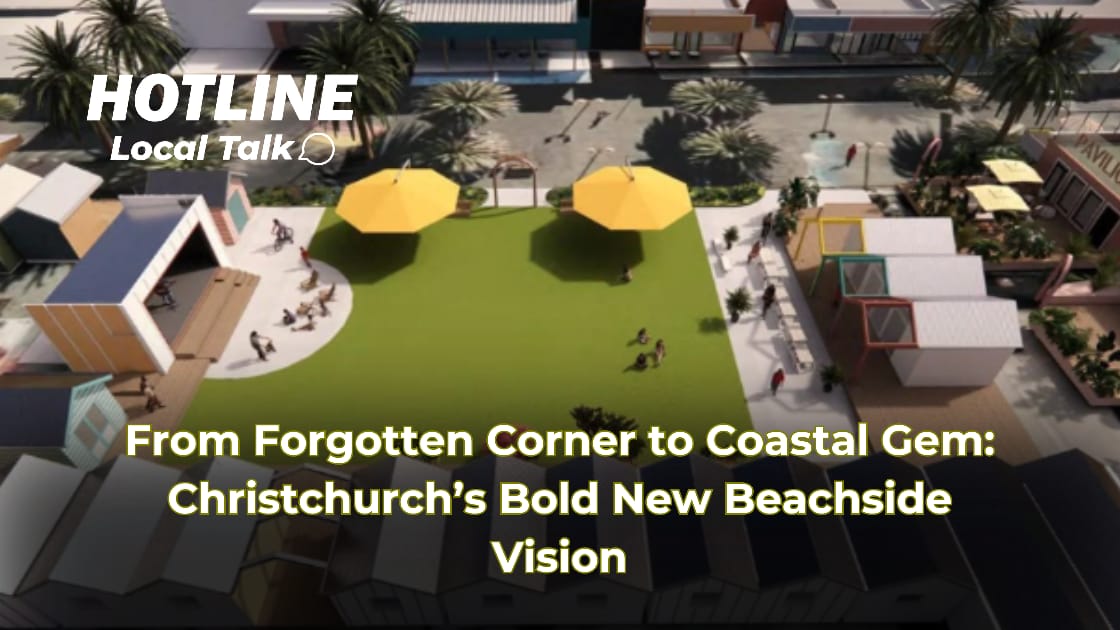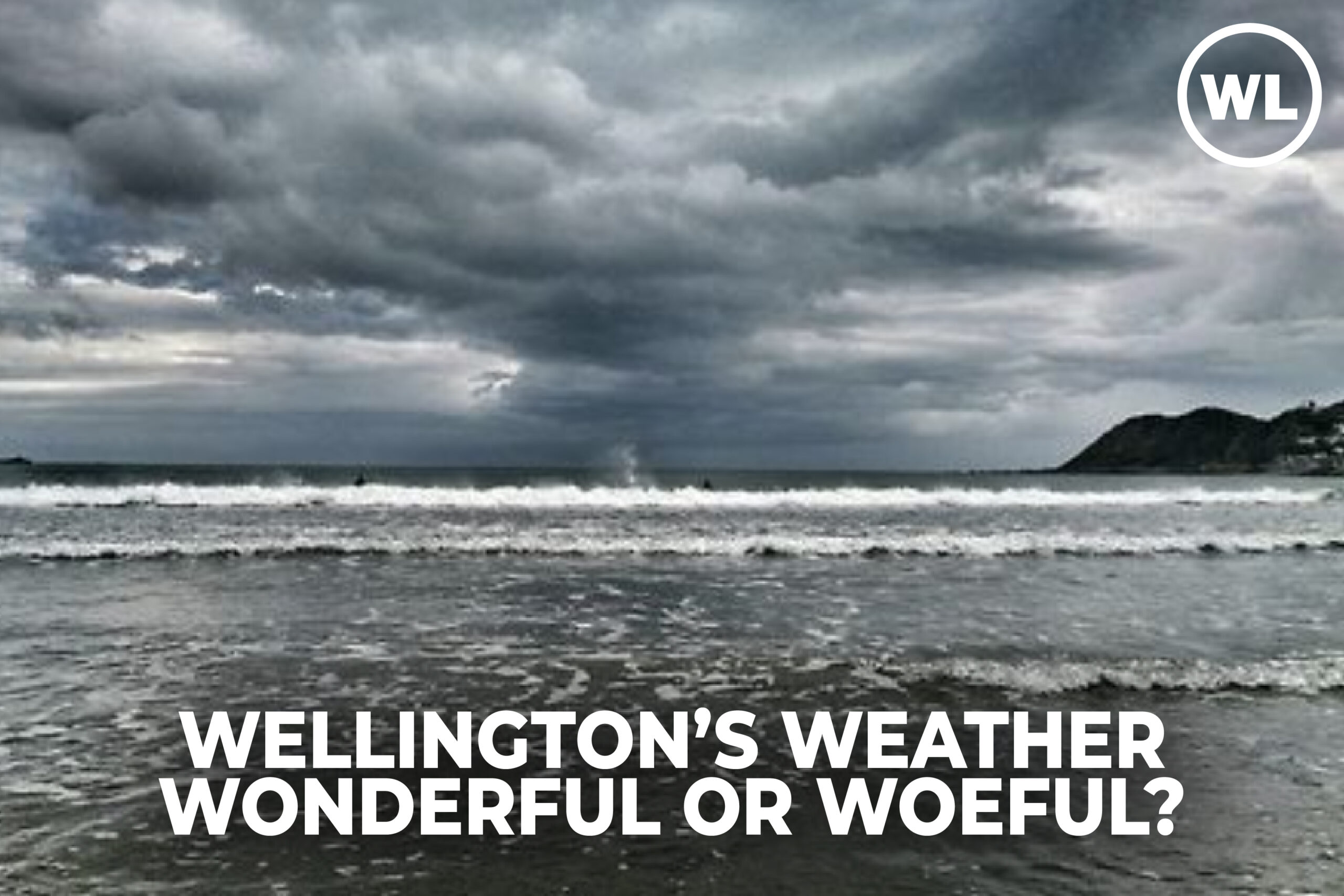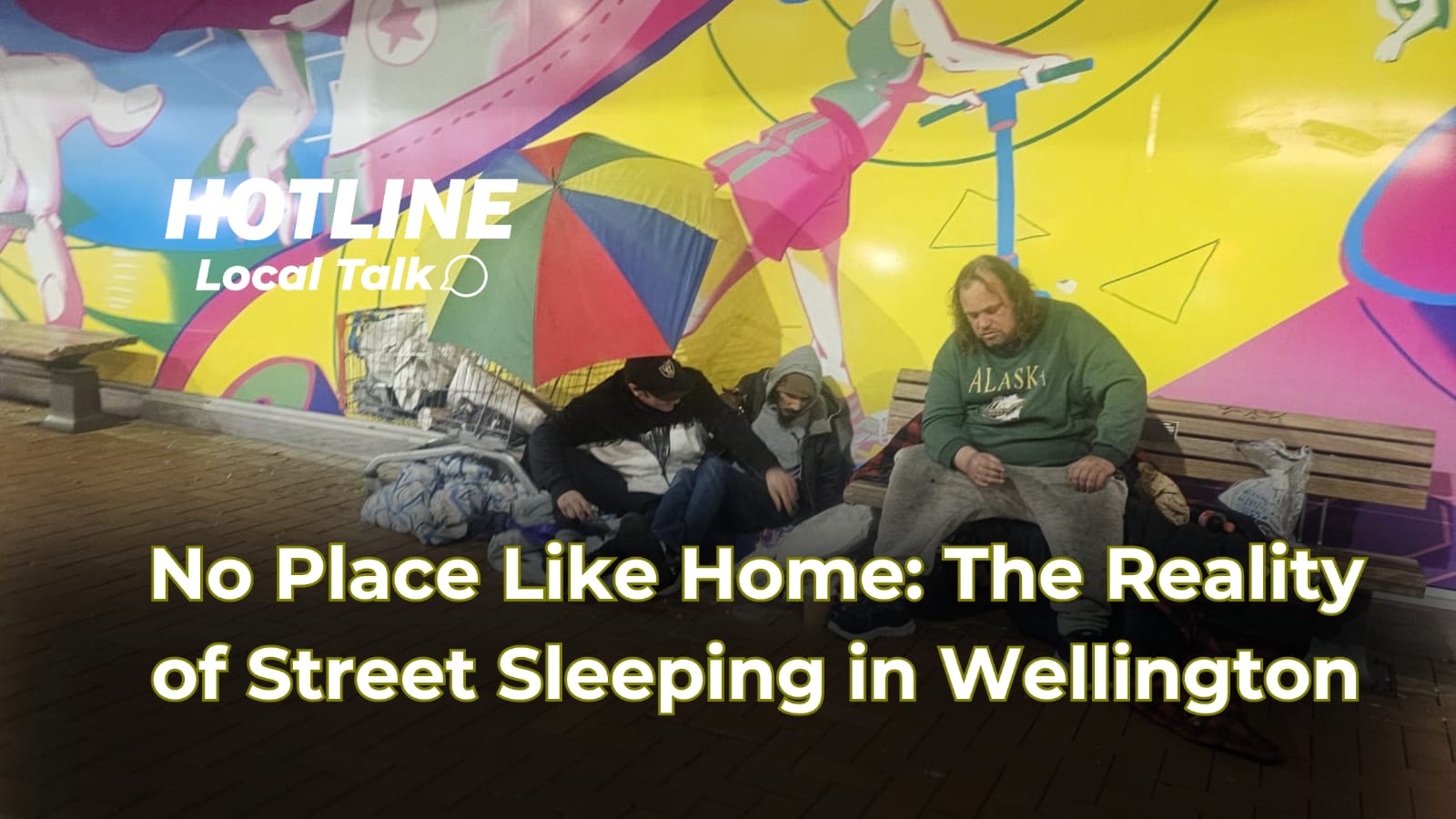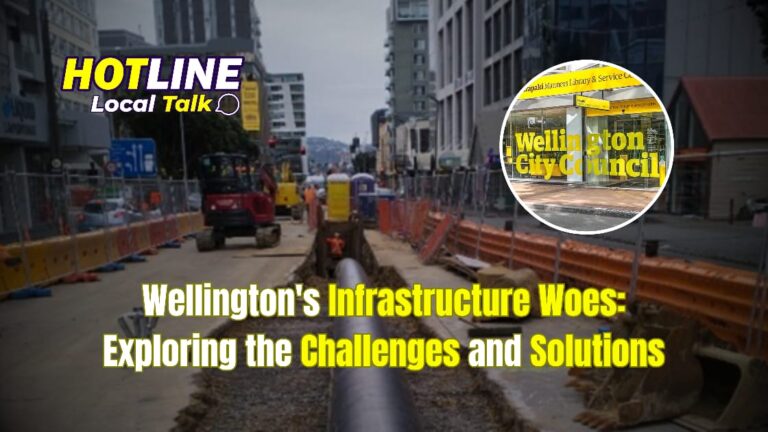Overview of Wellington’s Infrastructure and Council Responsibilities
Wellington City Council (WCC) manages a wide scope of services—over 400—that touch nearly every aspect of city life, from core infrastructure like water and transport systems to community services like libraries and recreational facilities. The Council’s newly adopted Long-term Plan 2024–34 allocates $4.9 billion to capital improvements and an additional $11.6 billion to cover operating costs for the upcoming decade, yet challenges persist. Wellington’s infrastructure has been weakened by years of deferred maintenance, underfunded upgrades, and a rapid increase in demands from its growing population.
The Roots of Wellington’s Infrastructure Problems
Years of deferred investment, particularly in water and sewage infrastructure, have led to issues that now require urgent attention. Around 30% of Wellington’s water pipes are over 50 years old, with many approaching or surpassing the end of their operational life. This has led to frequent bursts, leaks, and contamination events, raising public concern and causing direct impacts on residents’ daily lives. A report in 2022 revealed that an average of 150 water main failures were reported annually, contributing to higher operational costs and the need for emergency repairs. Similarly, outdated stormwater systems have caused flooding in low-lying areas during heavy rain, affecting property and creating road hazards. These issues highlight the need for targeted infrastructure spending, especially as population growth increases demands on aging systems.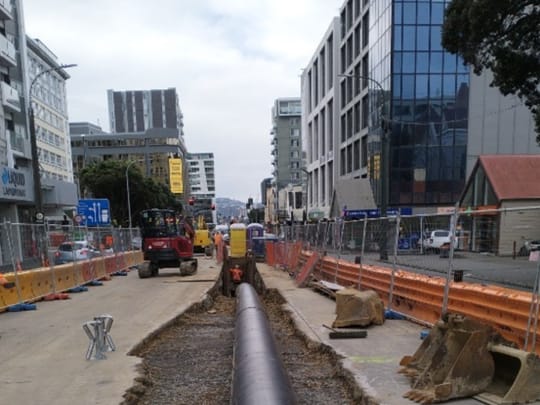
Picture Source: wellington.govt.nz
Moreover, population growth has increased the strain on these aging systems, further compounding issues that might have otherwise been manageable with proactive maintenance. Councils over the years have shifted resources towards more immediate needs, often deprioritising long-term infrastructure investment to balance the annual budget. Wellington’s funding gaps reflect these priorities, leading to an escalating problem that has made comprehensive reforms challenging to implement.
Key Infrastructure Problems and Solutions
Below is a look at major challenges facing Wellington’s infrastructure and actionable solutions to address each:
Aging Water Pipes
Problem: Regular bursts and leaks from old pipes strain resources and cause public inconvenience.
Solution: Increase investment in targeted pipe replacement projects, prioritising critical areas. Partnering with private firms could accelerate funding.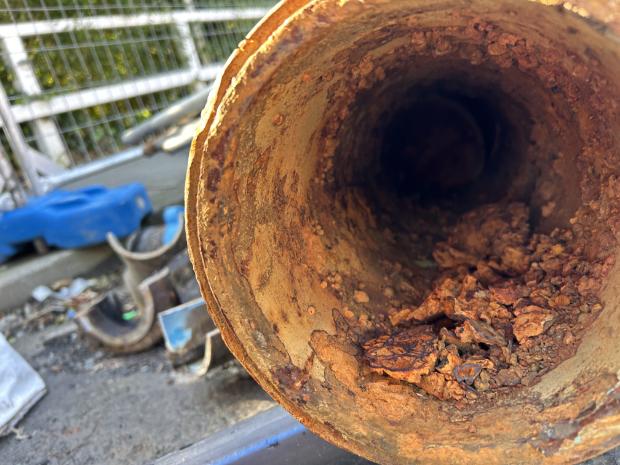
Picture Source: thepost.co.nz
Wastewater Management and Sewage Overflow
Problem: Sewage overflows during heavy rainfall, damaging Wellington’s environment and posing health risks.
Solution: Upgrade wastewater treatment technology and expand system capacity to handle overflow, using phased investment to manage costs.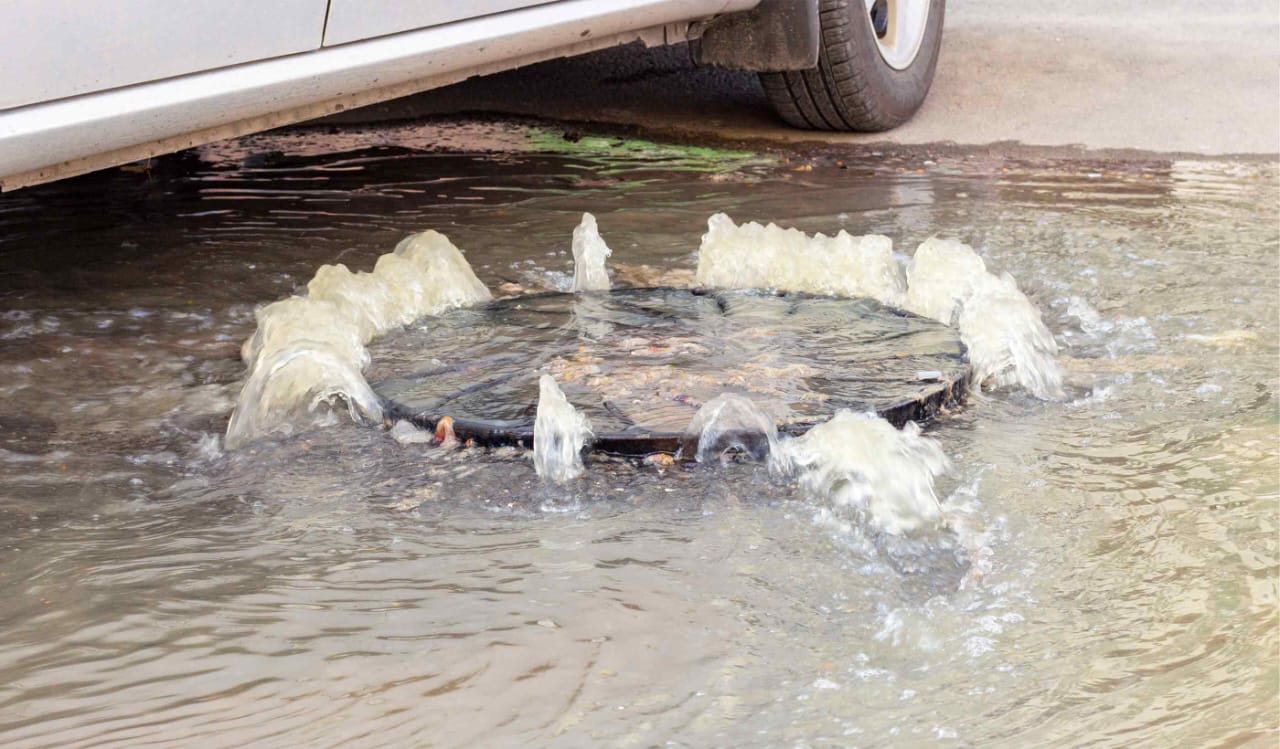
Picture Source: stantec.com
Stormwater Drainage Issues
Problem: Heavy rainfall overwhelms outdated stormwater systems, causing frequent urban flooding.
Solution: Upgrade pipes for higher capacity and add green infrastructure, like permeable pavements, to enhance absorption and flow.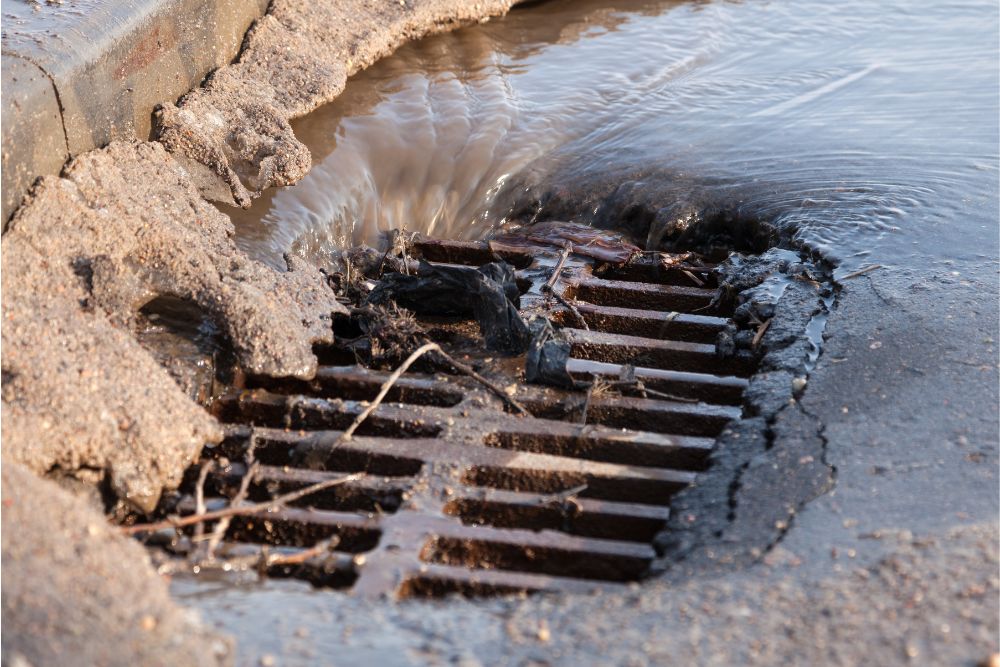
Picture Source: complexplumbing.co.nz
Rising Rates and Financial Burden
Problem: Covering the cost of maintaining 400 services has led to repeated rate increases, impacting residents financially.
Solution: Prioritise core services (water, waste, safety) while scaling back non-essentials or outsourcing them to save on operational costs.
Picture Source: fly.homes
Public Transport Network and Road Congestion
Problem: Capacity issues and traffic congestion during peak hours strain Wellington’s public transport.
Solution: Invest in expanded routes and promote electric buses. Creating carpool lanes and congestion pricing can also help reduce central traffic.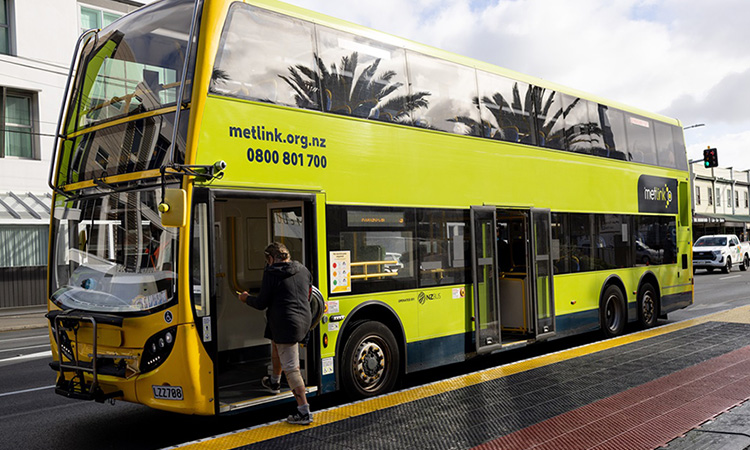
Picture Source: metlink.org.nz
Recycling and Waste Management
Problem: Limited recycling facilities lead to increased landfill waste and emissions.
Solution: Build specialised recycling centres, improve waste-sorting processes, and engage the public in sorting efforts to reduce landfill reliance.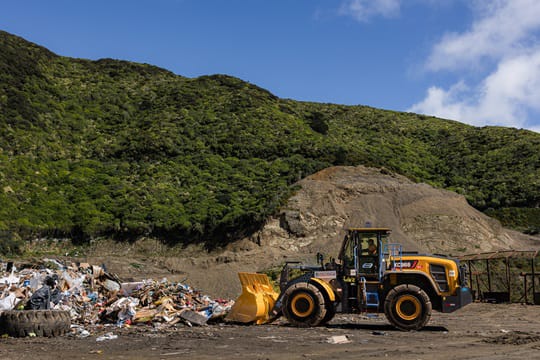
Picture Source: wellington.govt.nz
Housing Shortage and High Demand
Problem: Rapid population growth has exacerbated Wellington’s housing shortage, raising property prices and rental costs.
Solution: Fast-track affordable housing projects, incentivise sustainable development, and expand zoning for multi-family units to meet demand.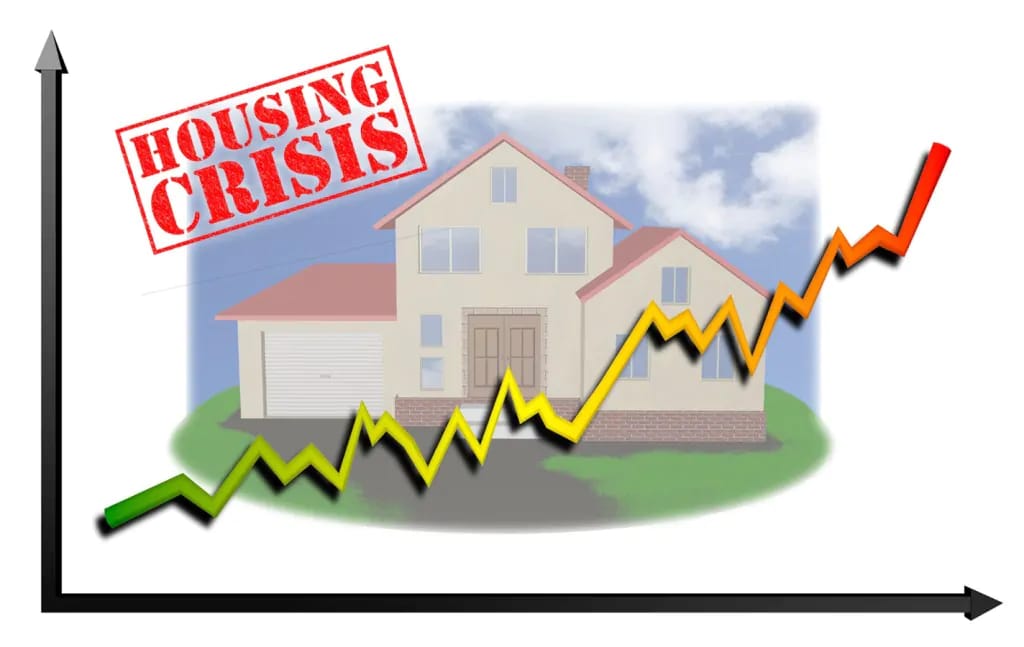
Road Maintenance and Potholes
Problem: Weather and heavy use leave Wellington’s roads filled with potholes and in poor condition.
Solution: Increase road maintenance with long-lasting materials and use predictive tech to forecast repairs, saving on long-term costs.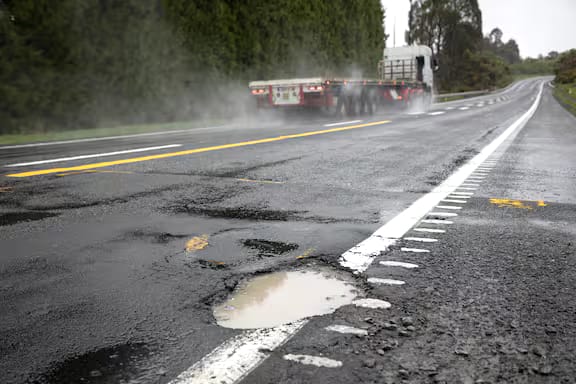
Picture Source: nzherald.co.nz
Emergency Preparedness and Earthquake Resilience
Problem: Many buildings and service lines are vulnerable to earthquakes, posing safety risks to residents.
Solution: Retrofit critical infrastructure and strengthen building codes, while improving emergency response plans for faster action during disasters.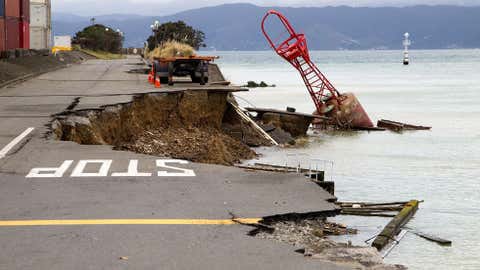
Picture Source: weather.com
Council’s Limited Staffing and Resource Constraints
Problem: Managing 400 services with limited staff and resources can lead to inefficiencies and service delays.
Solution: Streamline services to focus on core needs and hire specialists in essential areas like water management and urban planning.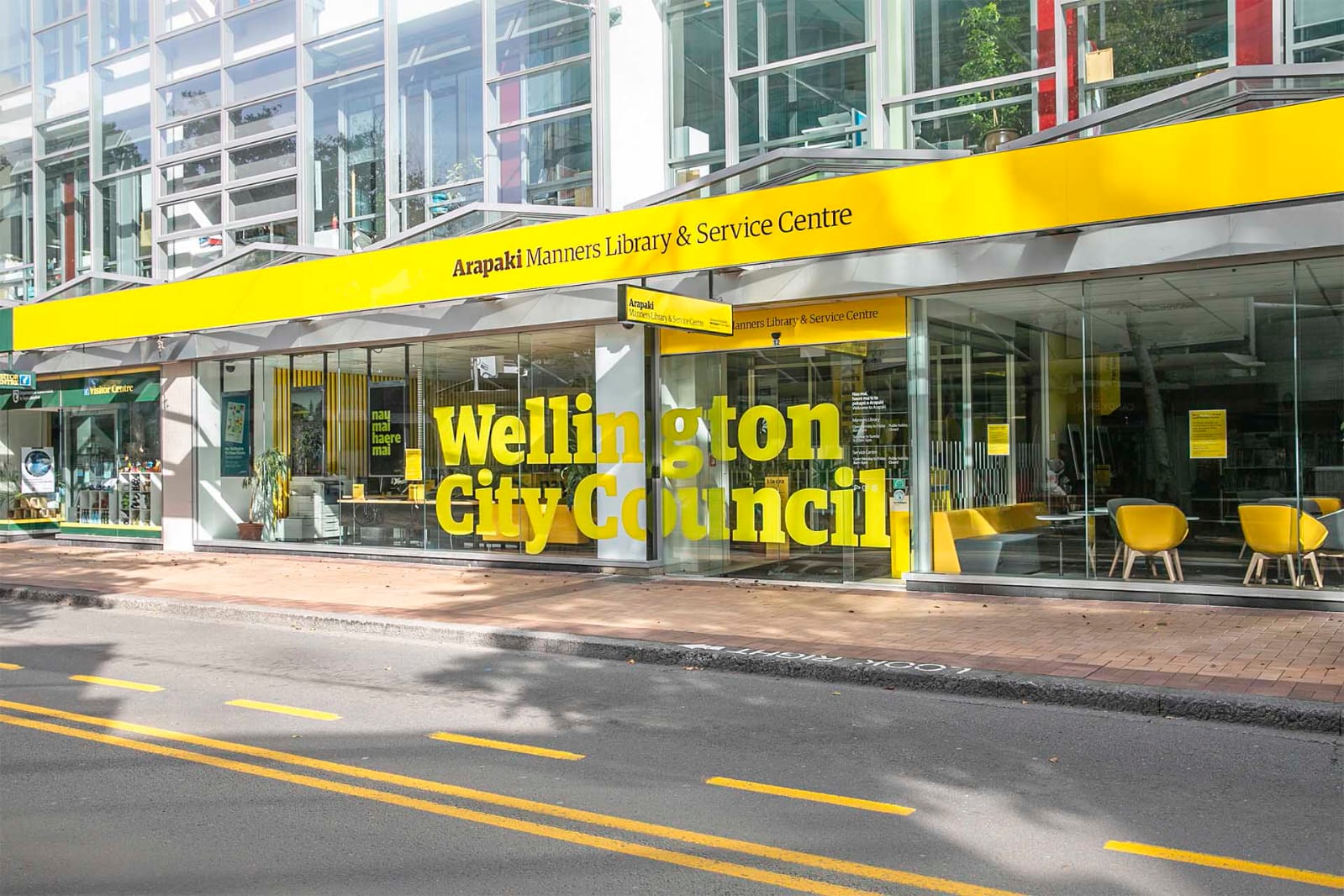
Picture Source: workspacearchitects.co.nz
Impact on Wellingtonians: Rising Rates and Public Stress
The impact of these infrastructure challenges is most evident in the financial burden on Wellington’s residents. In recent years, rate increases have been higher than expected, largely driven by the need for urgent repairs, ongoing maintenance, and new compliance requirements. For instance, WCC’s latest long-term plan anticipates a nearly 60% rate increase over the next ten years to cover rising costs.
For residents, these rising rates mean increased monthly expenses, adding financial stress at a time when inflation and living costs are already high. Additionally, the lack of reliable water and waste services, coupled with frequent disruptions, has led to public frustration and debates on service priorities. Residents frequently question the expansion of non-essential services when core needs like water and roads are not adequately met, highlighting a gap between council offerings and resident expectations.
Council’s Response and the Role of the Appointed Observer
In response to these escalating concerns, WCC has taken several steps. One of the most significant changes is the appointment of an independent observer, tasked with assessing WCC’s infrastructure management and spending practices. This observer’s role includes providing an objective view of council spending, monitoring for fiscal accountability, and ensuring that funds are directed toward critical infrastructure needs rather than being dispersed across less impactful projects.
Additionally, the Council has accelerated its timeline for immediate repairs, particularly in the water and sewage sectors, where leaks and breakdowns have become increasingly disruptive. Despite these efforts, comprehensive overhauls are still in planning stages, meaning residents may continue to experience disruptions until major upgrades are complete.
Solutions for a Sustainable Future: Fiscal Tightening and Focused Leadership
Wellington’s future depends on smart financial strategies and efficient management. Several potential solutions could help the Council address infrastructure issues while managing public expectations and limiting further rate hikes.
One approach is fiscal tightening through prioritisation. By refocusing on essential services—water, waste, transport, and safety—the Council can optimise its budget to cover crucial infrastructure needs. Scaling back or even outsourcing some non-essential services could reduce expenses, freeing up funds for the most pressing upgrades. Another viable solution is to explore public-private partnerships. Cities facing similar challenges, such as Christchurch, have utilised these partnerships to manage selected services, allowing the council to focus its internal resources on maintaining critical infrastructure.
An increase in infrastructure-specific funding, achieved through targeted rate increases or government grants, could also support large-scale repairs without spreading the budget thinly across all services. For example, the New Zealand government recently offered infrastructure stimulus funding to aid in essential upgrades in key areas, which could ease some financial pressure on the Council.
Moving Forward: A Call for Sustainable Infrastructure Planning
The issues facing Wellington’s infrastructure reflect a need for responsible long-term planning and prioritisation. By focusing on essential services, exercising fiscal discipline, and being transparent with residents about spending, Wellington City Council can gradually rebuild public trust while making the city more resilient. Engagement with the community will be crucial, as it will allow Wellingtonians to voice priorities and help guide decisions on essential versus non-essential services.
With careful planning, innovative solutions, and an emphasis on core infrastructure, Wellington can overcome its current challenges and create a sustainable foundation for future generations. The path forward may not be easy, but with strategic investments and public accountability, Wellington’s infrastructure can meet the demands of a growing city while improving the quality of life for all its residents.
TRUTH SEEKER
Instantly run a Quiz with friends... about the article. Interact more & analise the story. Dig in, catch out biased opinions, and "fact check" with TRUTH SEEKER by ONENETWORK WELLINGTONLIVE 👋
Do you agree with the main argument of this article?
Total votes: 0
What percentage of Wellington's water pipes are over 50 years old?
Bias Analysis
Fact Check Summary
False, as mentioned in the article, around 30% of Wellington's water pipes are over 50 years old, leading to frequent bursts and leaks.
Source: Article
False, the article mentions that rate increases have been higher than expected due to urgent repairs, ongoing maintenance, and compliance requirements.
Source: Article


